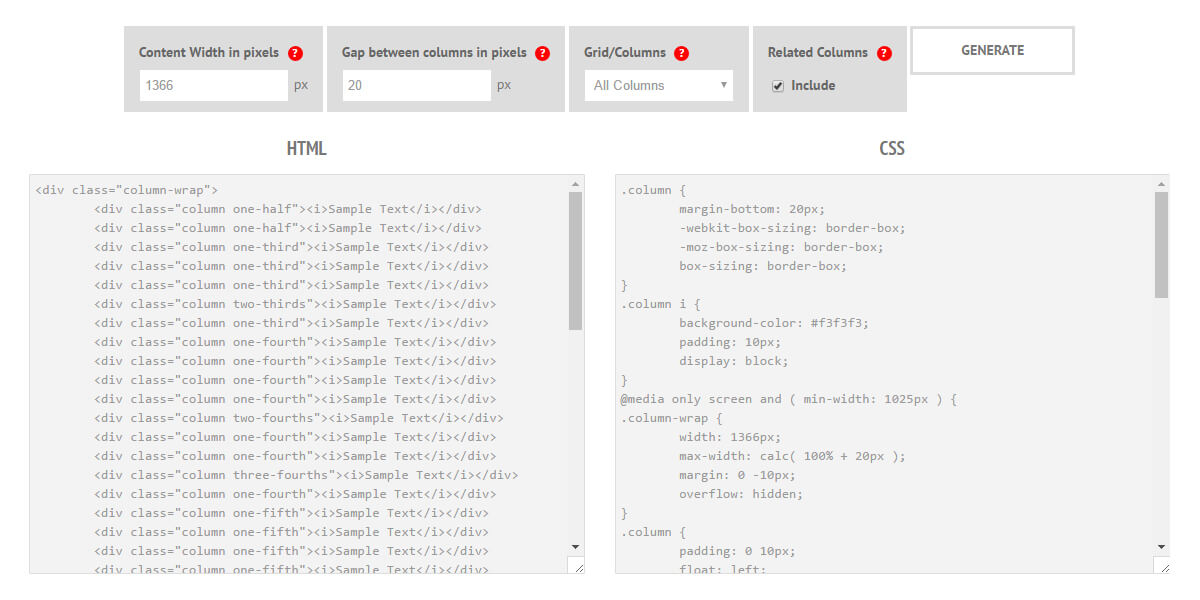Is it Legal to Own a Vending Machine?
As a vending machine enthusiast, I have always been fascinated by the idea of owning my own vending machine. From the convenience they provide to the potential for passive income, vending machines seem like a great investment. Before into venture, important understand legal owning vending machine.
State Regulations
Each state has its own set of laws and regulations regarding the ownership and operation of vending machines. For example, in California, vending machines that sell food and beverages must comply with certain health and safety regulations. Additionally, some states require vending machine owners to obtain a business license or permit.
Case Study: New York
In New York, vending machine operators are required to obtain a license from the Department of Consumer Affairs. Failure to do so can result in hefty fines and even the removal of the vending machine. This demonstrates the importance of understanding and adhering to state-specific regulations.
Federal Regulations
In addition to state regulations, vending machine owners must also comply with federal laws. The Americans with Disabilities Act (ADA) requires that vending machines be accessible to individuals with disabilities. This includes features such as reach ranges, clear floor space, and tactile signage.
Statistics
According to a report by the National Automatic Merchandising Association, there are over 5.6 million vending machines in the United States, generating over $25 billion in annual sales. This thriving industry underscores the importance of understanding and complying with legal requirements.
Owning a vending machine can be a lucrative and rewarding endeavor. However, it is crucial to understand and comply with both state and federal regulations. By staying informed and following the law, vending machine owners can ensure a successful and legally compliant business.
Remember to always consult with legal professionals and relevant authorities to ensure full compliance with vending machine regulations.
Is It Legal to Own a Vending Machine? Your Top 10 Questions Answered
| Question | Answer |
|---|---|
| 1. Is it legal to own a vending machine without a business license? | Absolutely! You can own a vending machine without a business license as long as you comply with local regulations and pay any necessary taxes. |
| 2. Can I place a vending machine anywhere I want? | No, you cannot place a vending machine anywhere you want. You must obtain permission from the property owner and follow zoning laws and regulations. |
| 3. Are there specific products I cannot sell in my vending machine? | Yes, there are certain products that are prohibited from being sold in vending machines, such as alcohol, tobacco, and prescription medications. |
| 4. Do I need a special permit to operate a vending machine in a public space? | Yes, in most cases, you will need a special permit to operate a vending machine in a public space. This permit is typically obtained from the local government or relevant authorities. |
| 5. Can I own a vending machine if I am under 18 years old? | Yes, there is no specific age requirement to own a vending machine. However, if you are a minor, you may need a legal guardian to sign any necessary contracts or agreements. |
| 6. What are the tax implications of owning a vending machine? | Owning a vending machine may have tax implications, such as sales tax on the products sold and income tax on the profits generated. It`s important to consult with a tax professional to understand your specific obligations. |
| 7. Can I own multiple vending machines? | Yes, you can own multiple vending machines. However, you may need to obtain additional permits or licenses depending on the location and number of machines. |
| 8. Are there any safety regulations I need to follow for my vending machine? | Yes, there are safety regulations that apply to vending machines, such as proper maintenance, product labeling, and compliance with electrical and fire codes. |
| 9. Can I sell homemade food in my vending machine? | It depends on the local laws and regulations. In many places, selling homemade food in a vending machine is prohibited due to health and safety concerns. |
| 10. What should I do if someone is injured by my vending machine? | If someone is injured by your vending machine, it`s important to seek legal advice immediately. You may be held liable for any injuries and may need to take appropriate legal action. |
Legal Contract: Ownership of Vending Machine
In accordance with the laws and regulations pertaining to ownership and operation of vending machines, the undersigned parties hereby agree to the following terms and conditions:
| Parties | Agreement |
|---|---|
| Owner | The individual or entity who holds legal title to the vending machine and assumes responsibility for its operation and maintenance. |
| Operator | The individual or entity authorized by the Owner to manage the vending machine and its contents. |
Whereas, ownership of a vending machine may be subject to various local, state, and federal laws, including but not limited to zoning regulations, business licensing requirements, and food safety standards. It is the responsibility of the Owner and Operator to ensure compliance with all applicable laws and regulations.
Furthermore, the Owner and Operator agree to hold harmless and indemnify each other against any claims, damages, or liabilities arising from the ownership and operation of the vending machine.
This contract shall be governed by the laws of the jurisdiction in which the vending machine is located.
IN WITNESS WHEREOF, the parties have executed this contract as of the date first written above.


